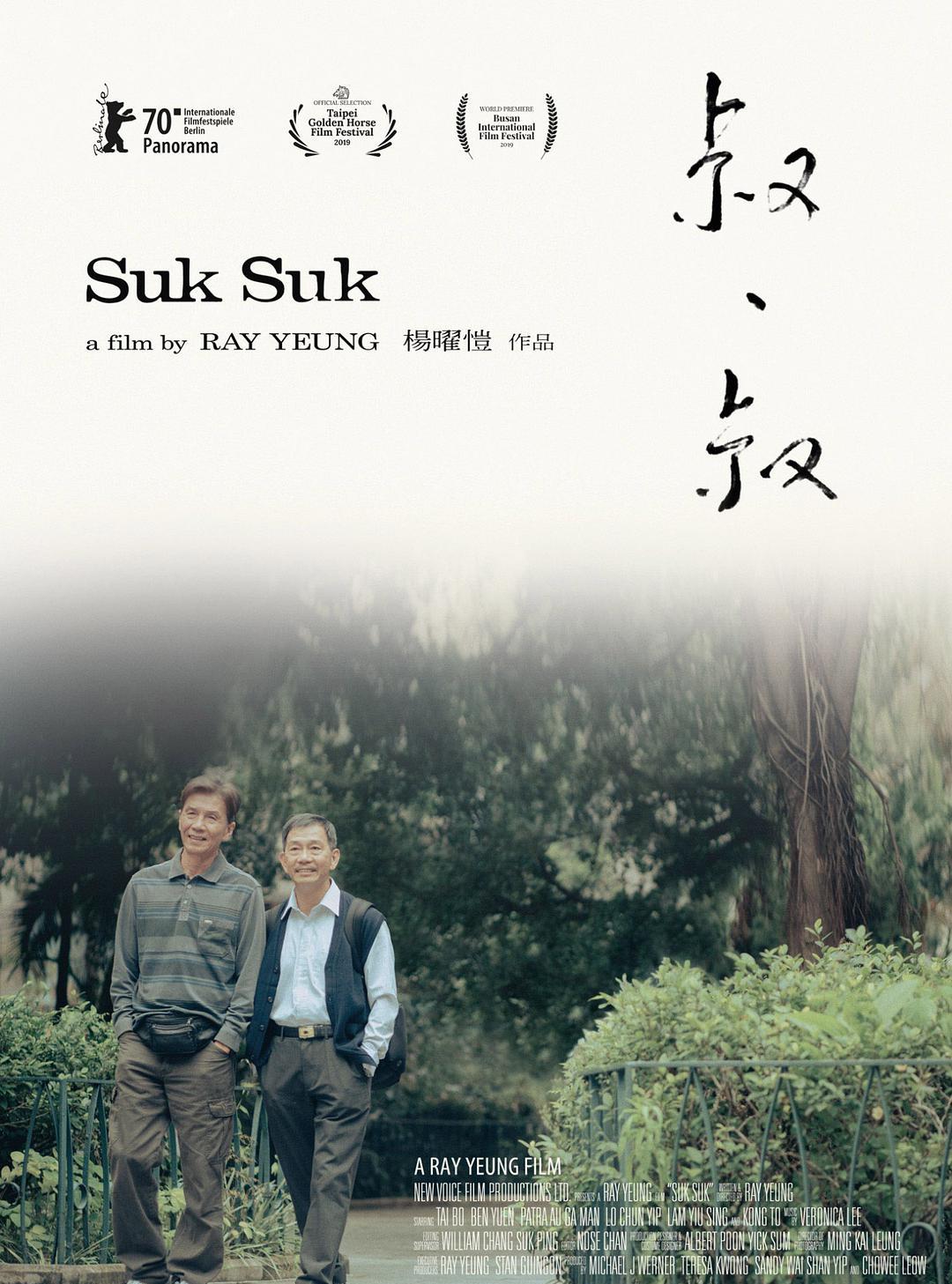
Taxi driver Bai (played by Tai Bao) and retired single father Hai (played by Yuan Fuhua), even though they have been subjected to the norms and constraints of traditional society for most of their lives, the two are still proud of the family they have worked hard to build over the years. However, the two did not expect to meet each other on the last part of their lives.
Pak and Ching (played by Au Ka Man) have been married for 45 years and have a son and a daughter, which can be described as a model of a "happy family" in the eyes of the previous generation of traditional Hong Kongers. Hai's wife left him at an early age and became dependent on her son Yong (played by Lu Zhenye). Although Hai lives with his son's family, he cannot feel the warmth of home. And the belated encounter between Bai and Hai also stirred up the love between the two of them. Faced with the pull between "love temptation" and "social moral value", as well as the choice between "primitive desire" in their hearts and the traditional "happy family" in society, do the two want to return to their most primitive selves? Or is it to return to a quiet life and continue to guard the "good family" recognized by social values?
Compared with the horse grabbing and multi-issues of "Trish", "Uncle" seems very daily and peaceful, and even has no dramatic conflict (originally thought that the wife had noticed that there would be a conflict behind it but there is not), peaceful to the point that it is like everyone's daily life, but under the surface of peace is a life of stoicism and helplessness, very delicate and moving. Public toilets, parks, saunas, Chinese men are the same. "What do you want to do after retirement", but you can't actually do whatever you want. On the one hand, there is family and affection, on the other hand, love and freedom, a lifetime of unsolvable problems. Like the last set of empty mirrors, that's evidence that we've been together.
Seeing the delicate emotions like the Hong Kong film "Sister Peach" that year, I most hope that Taibao can get the best male protagonist, and when I think of his old face that has been suffering for half a lifetime, I still frown, and it is still very uncomfortable to worry about what to believe in the end. The only drawback may be that he is written too well, not only in the deep cabinet, but also a good father and husband who many straight men are ashamed of themselves, and the background of smuggling is to extend a Hong Kong dream of self-improvement and unremitting struggle, which is especially important at the moment. But this is again a complex feeling of cheating guilt and reluctance to hide his true sexual orientation, struggling between the lover and the family. It is not only this pair that is depicted, but also involves a group of middle-aged and elderly comrades who are about to face death. They sneak in cramped and dark bathrooms, occasionally breathe outside in empty spaces, and bravely stand up for the elderly. Paying attention to uncle who has no fresh meat but only wrinkles, I believe that this should also enter the classic list of Chinese films.